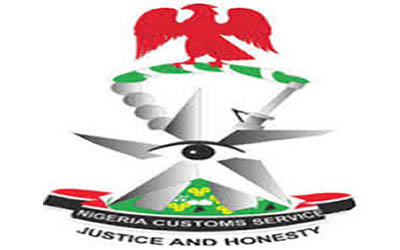The Nigeria Customs Service (NCS) has officially launched its Automated Excise Register System (ERS), following the successful completion of a pilot phase across three major tobacco manufacturing facilities.
The digital platform, which aims to streamline excise-related transactions, is now operational at British American Tobacco Nigeria (BATN) PLC in Oyo State, International Tobacco Company (ITC) Limited in Kwara State, and Leaf Tobacco & Commodities Nigeria Ltd in Kaduna State.
Customs National Public Relations Officer, Assistant Comptroller Abdullahi Maiwada, in a statement on Thursday, said these factories were selected for the pilot due to their significant role in the excise sector and their readiness to support the nationwide deployment of the system.
According to him, the pilot phase, conducted between July and August 2025, involved extensive field activities, including User Acceptance Testing (UAT), system validation, and training sessions for both Customs officers and factory personnel.
He said during this period, BATN recorded a 75% efficiency score in UAT, while all three sites successfully integrated their production and reporting systems with the ERS platform.
With the system now live, all excise operations at the pilot locations—including production recording, duty computation, and statutory reporting—will be handled digitally.
The automation is expected to significantly reduce dependence on manual processes, improve data accuracy, and enhance transparency throughout the excise value chain.
The statement emphasised that the ERS forms a core component of NCS’ broader Trade Modernisation Project, aimed at increasing accountability and efficiency in Customs operations.
It noted that lessons learned from the pilot phase will inform the next stages of the system’s rollout, which will extend to other excise-regulated sectors such as beverages, spirits, and additional manufacturing industries.
“The implementation of the ERS represents a critical step in transforming excise management in Nigeria,” the NCS stated. “It is our expectation that this reform will foster higher levels of compliance, operational efficiency, and sustainable revenue generation for the Federal Government.”
The Customs Service also called on stakeholders and industry operators to actively engage with the new platform and provide constructive feedback as the system is expanded nationwide.


